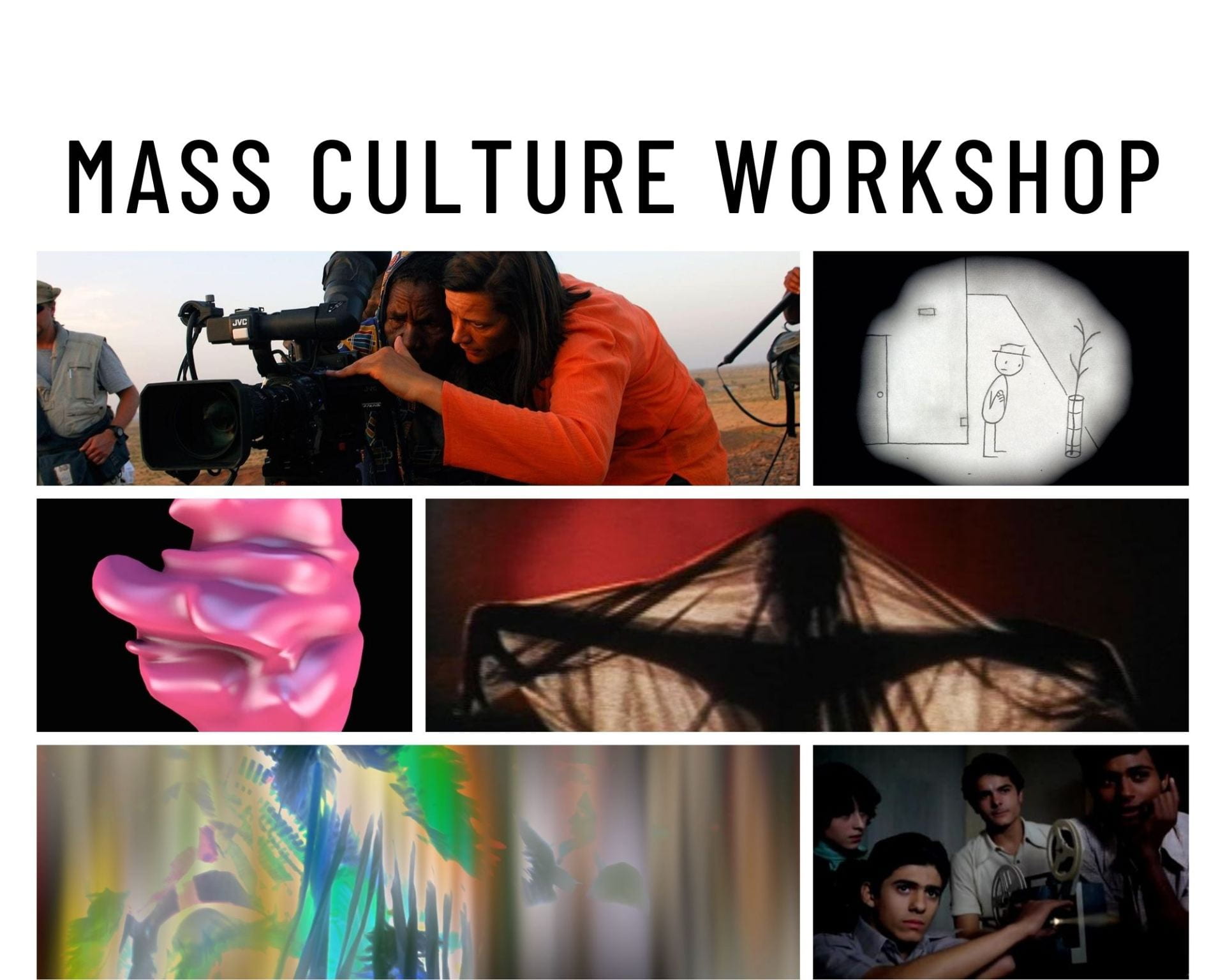Please join us on Friday, May 10, 2019 from 11:00am-12:30pm in Cobb 311 for the fourth meeting of the Mass Culture Workshop for the Spring Quarter. We are delighted to have Rochona Majumdar, Associate Professor in the Departments of South Asian Languages and Civilizations and Cinema and Media Studies at the University of Chicago. She will be presenting a chapter in-progress entitled “Ritwik Ghatak and the Overcoming of History.”
Rochona’s text is available for download here.
Please do not circulate without permission.
Please email either Gary [gkafer@uchicago.edu] or Cooper [cooperlong@uchicago.edu] for the password.
Refreshment will be provided.
We look forward to seeing you!
Yours in Mass Cult,
Gary and Cooper
Ritwik Ghatak and the Overcoming of History
Indian art cinema’s relationship to historical events receives a particular shape in Ritwik Ghatak’s partition trilogy. His historical stance, as I see it, was two-fold. His films registered the deep sense of loss and instability engendered by the event of the partition but they also claimed emphatically that the political split of the nation-state did not annul the collective life of the Bengali (Hindu) people. It is to an analysis of the cinematic idiom he forged to express this historical stance–of acknowledging the violence of political history but also wanting to transcend it at the same time, a double move that sought to combine mourning with hope–that I turn in this chapter.
Rochona Majumdar is an Associate Professor in the Departments of South Asian Languages and Civilizations and Cinema and Media Studies at the University of Chicago. She is a historian of modern India. Her interests span histories of Indian cinema, gender and marriage in colonial India, postcolonial history and theory, and intellectual history. Her two books include Marriage and Modernity: Family Values in Colonial Bengal (Durham: Duke University Press, 2009; New Delhi: Oxford University Press, 2009) and Writing Postcolonial History (London: Bloomsbury Academic, 2010).

